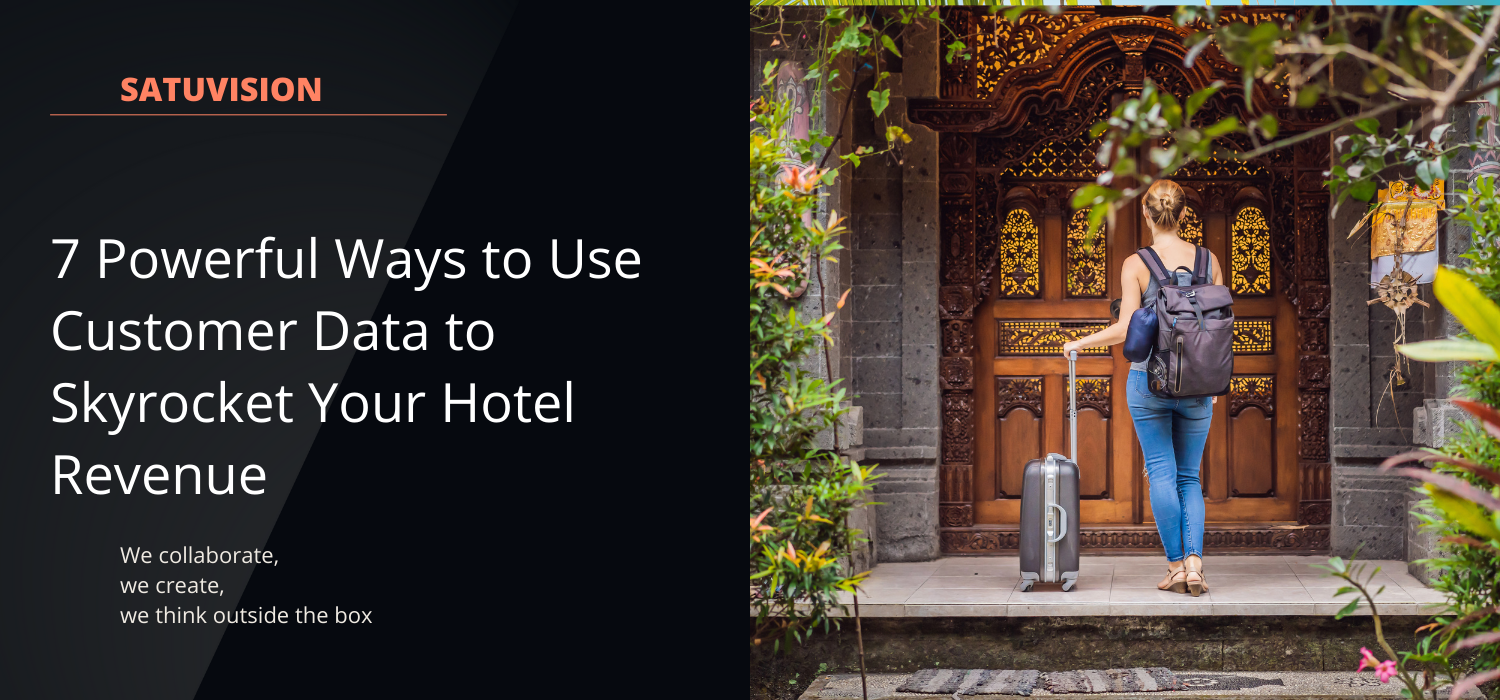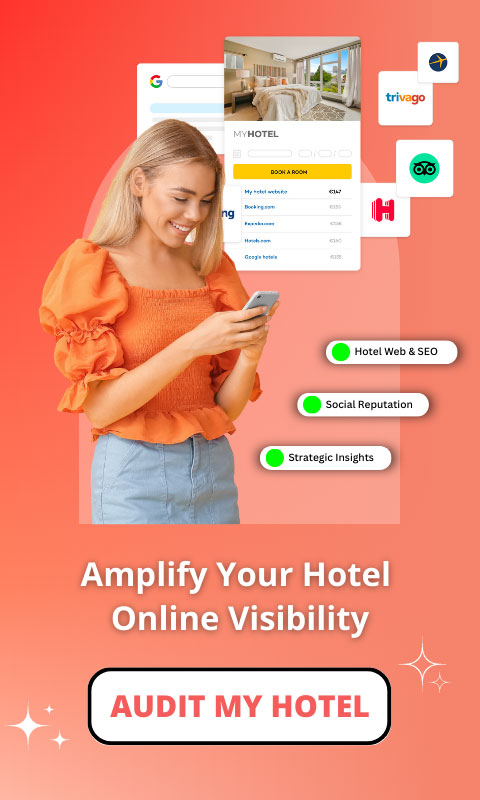Table of Contents
Introduction

Customer data is not just a collection of numbers and statistics. It’s the heart of today’s digital age and a crucial tool for the hospitality industry. Customer data is defined as the information your customers provide while interacting with your business via your website, mobile applications, surveys, social media, marketing campaigns, and other online and offline avenues. In beautiful Bali, where the hospitality sector thrives, leveraging this data effectively can be a turning point. If you’re in a position to make decisions for your hotel, keep reading to discover how this data can be your key to unlocking substantial profits.
1. Understand Your Customer Demographics
Why it matters: Tailoring your marketing efforts according to your customer’s demographics ensures that your marketing budget is spent wisely.
Actionable Tip: Use a robust CRM system to categorize your customers by age, location, spending habits, and more. Design targeted campaigns to appeal to each demographic specifically.
2. Track Customer Data for Personalized Marketing
Why it matters: Personalized marketing results in higher engagement and conversion rates. Knowing what your customers want, even before they realize it is the key.
Actionable Tip: Utilize tracking tools to monitor user behavior on your website. Identify patterns, such as which pages they spend the most time on or the offers they click most frequently.
3. Leverage Guest Feedback to Enhance Services
Why it matters: Feedback is often misinterpreted as mere criticism when, in reality, it plays a pivotal role in shaping the growth and development of a business. When guests provide feedback, whether positive or negative, they are essentially offering a first-hand account of their experience with your establishment. This invaluable information allows you to identify what’s working and where there’s room for improvement. By treating feedback as a roadmap, hotels can address concerns proactively, enhance guest satisfaction, and craft a guest experience that continually evolves to meet and exceed expectations.
Actionable Tip: Capture feedback through post-stay surveys. Analyze this data to identify areas of improvement in services, facilities, or customer experience.
4. Optimize Pricing Based on Demand and Behavior
Why it matters: In today’s rapidly changing hospitality landscape, static pricing models can leave businesses lagging behind. Dynamic pricing, on the other hand, offers a strategic approach rooted in real-time customer data. This method doesn’t just adjust prices arbitrarily; it modifies them based on current market demand, customer behavior, and other external factors, such as local events or seasonality. Especially during peak times, when the demand for hotel rooms is high, dynamic pricing can optimize room rates to capture the maximum possible revenue. By being responsive to market conditions, hotels not only ensure they are offering competitive prices but also seize opportunities to capitalize on moments of increased demand, ensuring they don’t leave money on the table.
Actionable Tip: Use customer booking data to recognize high-demand periods. Adjust pricing accordingly to maximize revenue during these peak times.
5. Embrace the Rise of Content Creators
Why it matters: Influencers shape opinions. Having them on your side ensures a larger, more engaged audience.
Actionable Tip: Identify and collaborate with local influencers or content creators. Monitor digital interactions and reviews to ensure your hotel maintains a positive online presence.
6. Retarget Potential Customers to Boost Conversions
Why it matters: Not every visitor books on their first visit. Retargeting keeps your hotel in their mind.
Actionable Tip: Use ad marketing data to retarget visitors who didn’t convert. Offer them special deals or showcase new amenities to entice a booking.
Use Predictive Analysis for Strategic Planning
Why it matters: Predictive analysis can forecast future trends, helping you stay one step ahead.
Actionable Tip: Implement systems that analyze customer data to predict future behaviors. This will aid in inventory management, pricing strategies, and promotional planning.
Conclusion
Data isn’t just numbers; it’s a treasure trove of insights waiting to be unlocked. With the right tools and strategies, hotels can optimize their operations, marketing efforts, and guest experiences. If you’re ready to harness the full power of your customer data, consider partnering with a digital marketing agency like SATUVISION, We are ready to boost your digital presence & Increase Direct Booking for your Hotel.





